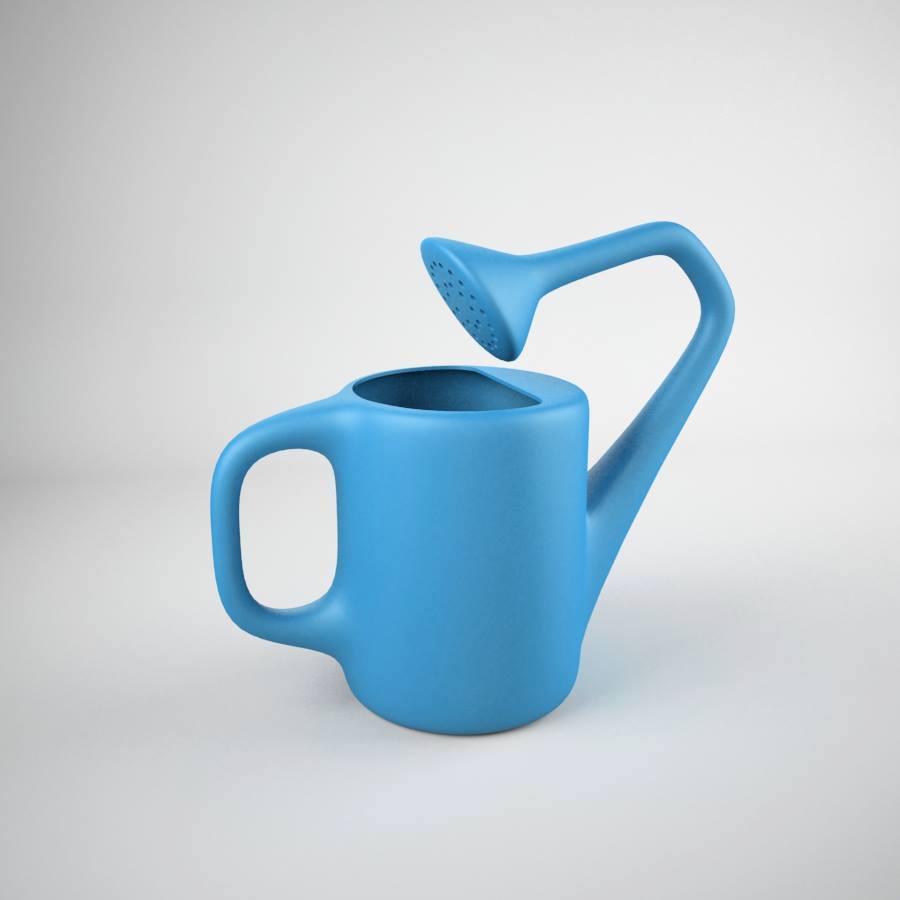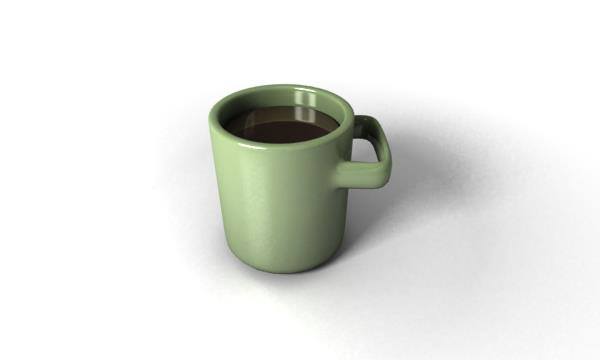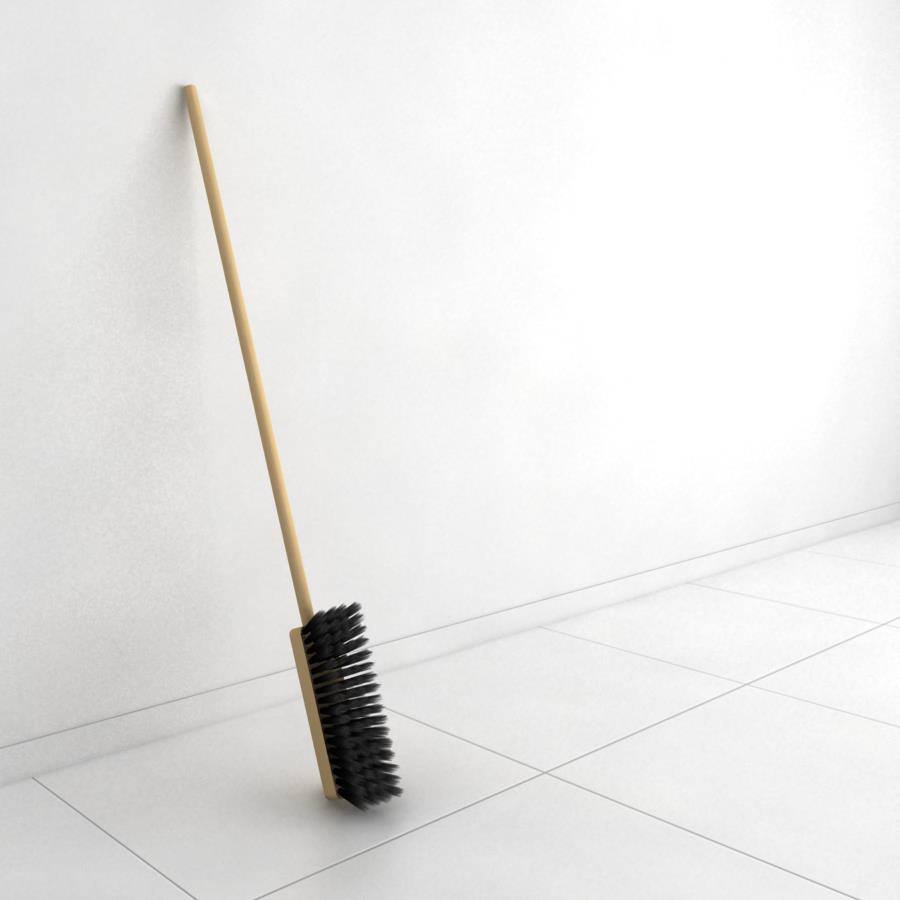
I began following Paris based design group “flashy fish” earlier this year on Facebook. Generally, they have pretty neat stuff, but one of their most recent posts was a series of images by Greece based designer Katerina Kamprani entitled “The Uncomfortable” and it immediately becomes apparent why.


Kamprani states: “[I] decided to create and design for all the wrong reasons. Vindictive and nasty? Or a helpful study of everyday objects? The goal is to re- design useful objects making them uncomfortable but usable and maintain the semiotics of the original item.”
Semiotics is such a great way to describe what is going on with these images. If you don’t believe everything we touch is loaded with meaning ingrained deep within our subconscious, maybe this image will help convince you:

Maybe it’s because I’m a materials guy, but for this rendering in particular, the material and construction are so improbable as to completely negate the objects usefulness. Much like verbal language, materials and products especially, come with layers and layers of nuance and tradition ingrained in every society for roughly eons. Then someone goes and smashes all those things to hell and our brains don’t quite know what to do with what they see. These images do that.
Similar to the works of Tobias Wong, Milton Glaser or maybe just “The Most Useless Machine Ever“, “The Uncomfortable” can at first glance appear to be playful, ephemeral thoughts that somehow became images. A second look however reveals a deeper message spelled out by deconstructing something that we rarely think about and rearranging it. We recognize it, but the reorganization sends us a different message than we are used to hearing. They’re like visual anagrams that also happen to be double entendres. The minimalism of the compositions just reenforce their message. “The Uncomfortable” also has a Facebook page with uncomfortable findings beyond Katerina’s own work.